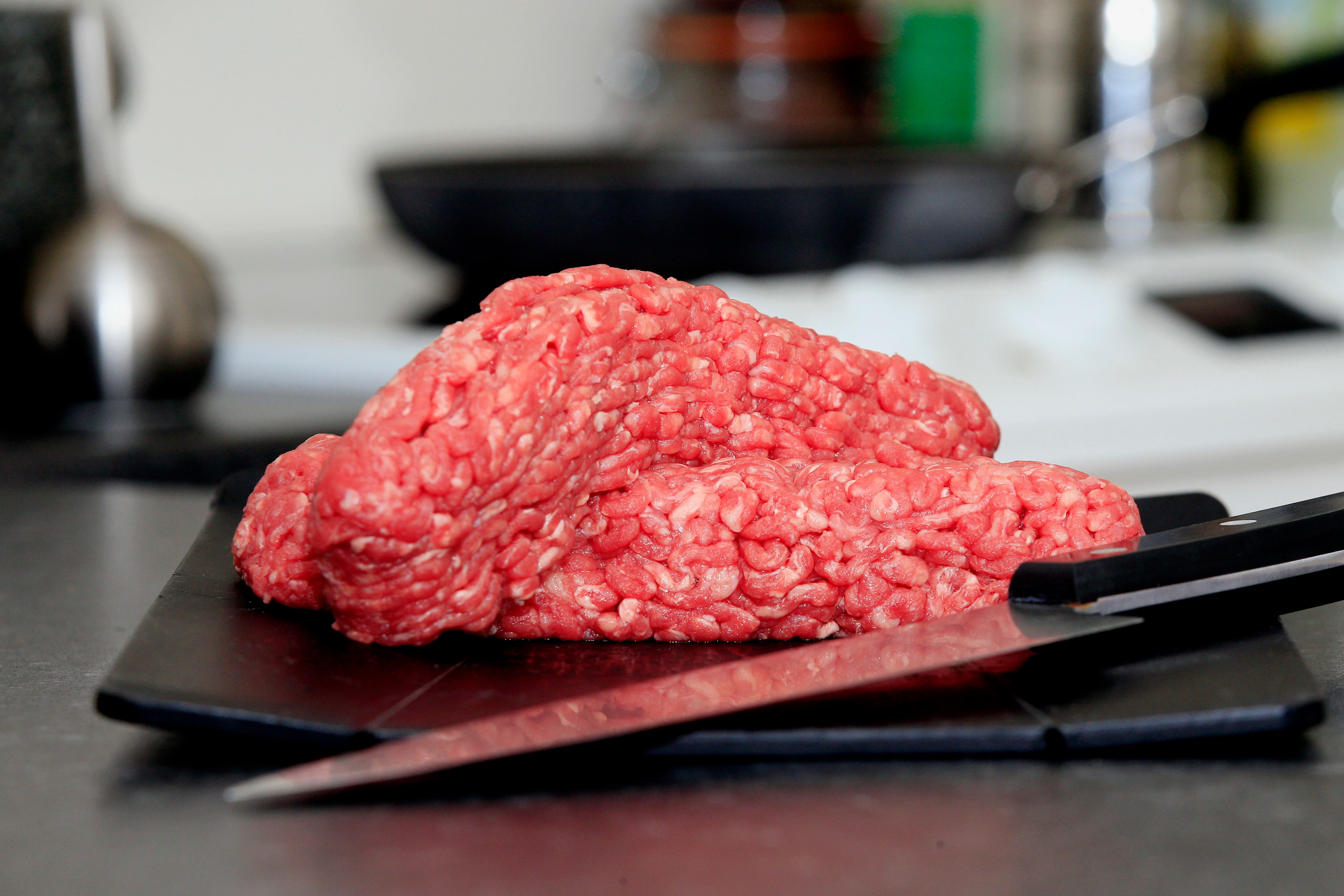Eating two servings of red meat a week increases diabetes risk, study suggests
Replacing red meat with plant-based protein sources, such as nuts and legumes, may reduce the chances of developing the condition.

Your support helps us to tell the story
From reproductive rights to climate change to Big Tech, The Independent is on the ground when the story is developing. Whether it's investigating the financials of Elon Musk's pro-Trump PAC or producing our latest documentary, 'The A Word', which shines a light on the American women fighting for reproductive rights, we know how important it is to parse out the facts from the messaging.
At such a critical moment in US history, we need reporters on the ground. Your donation allows us to keep sending journalists to speak to both sides of the story.
The Independent is trusted by Americans across the entire political spectrum. And unlike many other quality news outlets, we choose not to lock Americans out of our reporting and analysis with paywalls. We believe quality journalism should be available to everyone, paid for by those who can afford it.
Your support makes all the difference.Eating just two servings of red meat per week may increase your risk of developing type 2 diabetes, new research suggests.
It also found that replacing red meat with plant-based protein sources, such as nuts and legumes, may reduce the chances of developing the condition.
Limiting red meat consumption to about one serving per week would be reasonable for people wishing to optimise their health, the researchers suggest.
Our findings strongly support dietary guidelines that recommend limiting the consumption of red meat, and this applies to both processed and unprocessed red meat
Previous studies have indicated a link between red meat consumption and type 2 diabetes risk, and researchers say this study adds a greater level of certainty about the association.
It analysed a large number of type 2 diabetes cases among people being followed for an extended period of years.
First author Xiao Gu, postdoctoral research fellow in the department of nutrition at Harvard T H Chan School of Public Health, in the USA, said: “Our findings strongly support dietary guidelines that recommend limiting the consumption of red meat, and this applies to both processed and unprocessed red meat.”
In the study, published in the American Journal of Clinical Nutrition, researchers looked at health data from 216,695 people from the Nurses’ Health Study (NHS), NHS II, and Health Professionals Follow-up Study (HPFS) in the USA.
People were asked to complete questionnaires about their diet every two to four years, for up to 36 years.
During this time, more than 22,000 of them developed type 2 diabetes.
According to the findings, eating red meat, including processed and unprocessed red meat, was strongly associated with increased risk of type 2 diabetes.
Those who ate the most red meat had a 62% higher risk of developing the condition compared to those who ate the least.
The research suggests that every additional daily serving of processed red meat was associated with a 46% greater chance of developing type 2 diabetes.
Every additional daily serving of unprocessed red meat was associated with a 24% greater risk, the study found.
Estimating the potential effects of replacing one daily serving of red meat for another protein source, researchers found that substituting a serving of nuts and legumes was associated with a 30% lower risk of type 2 diabetes. Substituting a serving of dairy products was linked to a 22% lower risk.
Senior author Walter Willett, professor of epidemiology and nutrition, said: “Given our findings and previous work by others, a limit of about one serving per week of red meat would be reasonable for people wishing to optimise their health and wellbeing.”
According to the scientists, swapping red meat for healthy plant protein sources would help reduce greenhouse gas emissions and tackle climate change, and provide other environmental benefits.